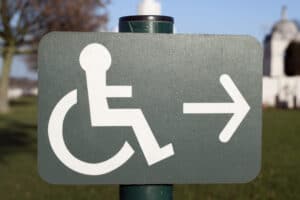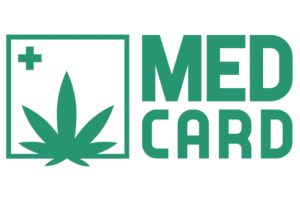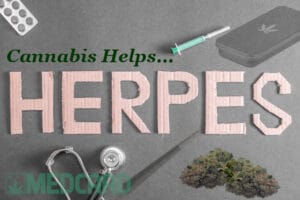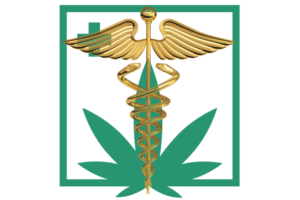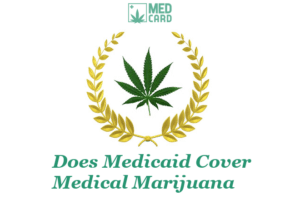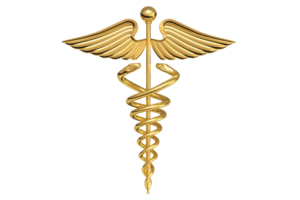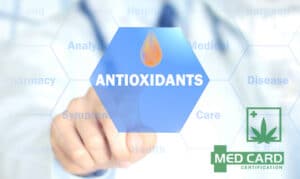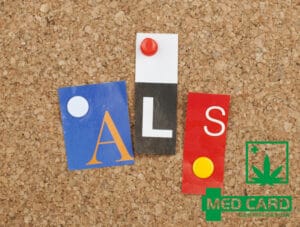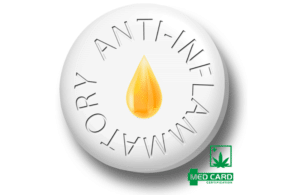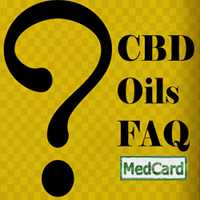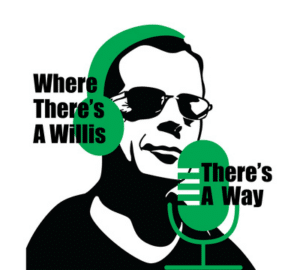
Medical Marijuana for Treating Aphasia: What to Know
- Aphasia produces difficulty speaking and is the result of brain injury or disease.
- Aphasia is often accompanied by other medical conditions such as depression, chronic pain, and dizziness.
- Compounds found in cannabis offer antioxidant and anti-inflamatory properties that help to protect nuerons.
- Cannabis is also used to treat a wide array of brain conditions such as dementia, seizures, and concussions.
- Patients suffering from aphasia have a variety of options for treating their condition with medical marijuana.
Aphasia is a disorder that results from damage to the parts of the brain that control language. The condition is usually characterized by difficulty with speech and other language-based activities like reading and writing. Medical marijuana is being used successfully to treat a range of brain conditions and injuries that can cause aphasia.
In this article we’ll take a brief look at the characteristics and causes of aphasia as well an look into how medical marijuana can help patients suffering from aphasia.
1st, What the Heck is aphasia?
People with aphasia generally have difficulties talking. They may insert random words in sentences, be unable to find the words they are looking for, or take longer to formulate sentences.
Aphasia can occur from damage to the speech and language processing centers in the brain. In can be caused by a stroke or a head injury, or it can also develop gradually due to a brain tumor or neurological disease such as Alzheimer’s.
Most people who suffer from the disorder are older in age, but the causes listed above mean that younger people, and even children, can suffer from this condition. Currently, the only treatment for aphasia is speech and other cognitive therapies.
There are two main types of aphasia. The first is non-fluent aphasia, also known as Broca aphasia. Those that suffer from this type will commonly omit short words like and or the and keep their sentences very brief. Another symptom of non-fluent aphasia is paralysis of the right side of the body.
The second type is fluent aphasia or Wernicke aphasia. People with this type will insert incidental words in their sentences without recognizing they’re doing it. They also have hardship understanding others. In some cases, people can experience symptoms of both types of aphasia, which is known as global aphasia.
Bruce Willis, the well-known actor from the Die Hard series, The Sixth Sense, and a long list of other movie credits announced last week that he would be retiring from acting due to being diagnosed with aphasia. The 67-year-old actor has had a notable career known for winning Emmys and Golden Globes for outstanding performances.
Unfortunately, there have been reports that Willis has needed an earpiece to help him remember his lines through more recent years. His family has now revealed that this is because of his disorder.
How does medical marijuana help aphasia patients?
For millennia, cannabis has been used to help combat an array of physical, neurological, and mental ailments. In addition, cannabis can be a safe option to help with muscle spasms, pain, anxiety, and sleeplessness that may be related to or might accompany aphasia.
Many experts believe that cannabis has the ability to repair and regenerate damaged neurons. In fact, medical marijuana use has been shown in some cases to shorten the healing time after a concussion.
Cannabis contains medicinal compounds called cannabinoids. Past research points toward cannabinoids offering antioxidant, anti-inflammatory, and neuroprotectant properties that can help slow the progression of brain-related diseases. And results of recent studies have suggested that medical marijuana may be a highly effective treatment for patients suffering with brain injuries due to accidents and contact sports.
Several clinical trials are currently looking into the effects of two common cannabinoids — CBD and THC — to treat neuropathic conditions. Researchers claim that both of these cannabinoids offer neuroprotective properties and even trigger repair mechanisms in brain tissue.
One study out of the National Institute of Mental Health documented CBDs ability to protect neurons in mouse brains that have been exposed to toxins.
Moreover, cannabis is being used to treat a wide range of conditions that might accompany aphasia such as depression, chronic pain, neuromotor conditions, and dizziness.
Links to several studies can be found at the end of the article.
How is medical marijuana used to treat concussions?
Aphasia patients seeking immediate relief from conditions such as chronic pain or dizziness should use high-bioavailability cannabis products with fast onset times such as inhalers, vape pens, dabs, or smoking marijuana or cannabis concentrates. However, for patients suffering from respiratory or circulatory issues or high blood pressure, smoking is not recommended. For these patients, inhalers might be the best option.
For patients suffering from ongoing conditions such as depression, patches, edibles, oils, and tinctures offer extended relief. However, these delivery methods have a longer onset period and lower bioavailability than inhaled methods. Edibles’ effects can take anywhere from fifteen minutes to over an hour to be effective depending on how quickly your body naturally breaks down food.
Cannabinoids affect each patient differently. As a result, some experimentation might be required to determine an effective dosage. It’s best to start slow by eating a small portion of edibles (typically ~2.5mg). Wait about 60-90 minutes then see how the patient reacts before consuming more.

Where can aphasia patients buy medical marijuana?
Cannabis is now legal for medical use in 18 U.S. states, and recreational use in 19 states for adults 21+. There are somewhere in the neighborhood of 7,500 dispensaries nationwide, making it easy and convenient for most patients to find and purchase medical marijuana and cannabis-infused medicines.
For patients who live in a state where marijuana is not an option, CBD alone might offer substantial relief. Aphasia patients can buy CBD online without a medical marijuana card and have it delivered to their doorstep. However, patients suffering from aphasia should abstain from self-medicating. Ideally, any treatment involving cannabis — even CBD — should be monitored by a qualified medical marijuana doctor.
Conclusion
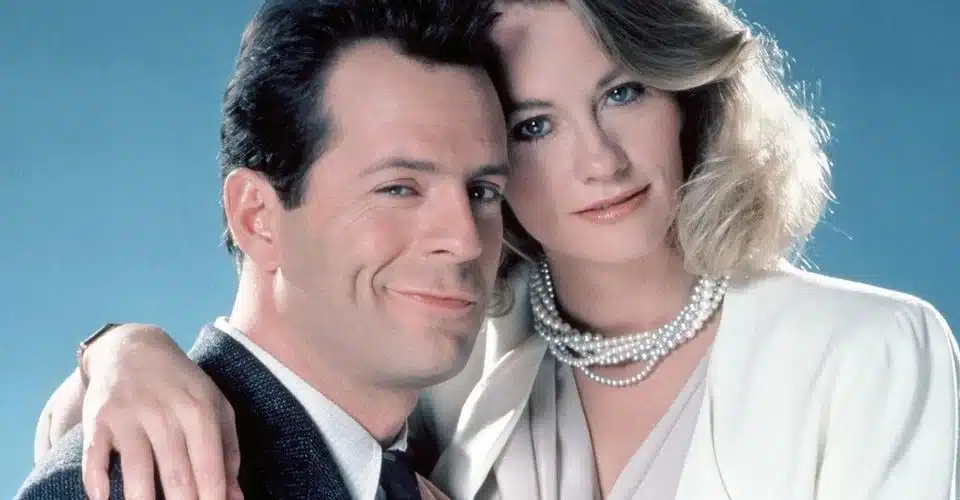
While most of us had not heard of aphasia until Bruce Willis announced his diagnosis, thousands of Americans suffer from this debilitating condition.
If cannabinoids can truly help to protect neurons and slow the progression of the condition, the legalization of medical marijuana and access to dispensaries will be a godsend for many patients and might even reduce the incidence of the disease.
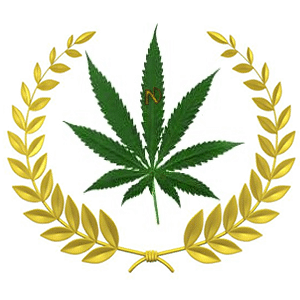
Sources And Additional Reading:
- Aphasia – Symptoms and causes – Mayo Clinic
- Endocannabinoid signaling in Alzheimer’s disease
- CBD: A promising drug for neurodegenerative disorders?
- Safety and Efficacy of Medical Cannabis Oil for Behavioral and Psychological Symptoms of Dementia
- Cannabinoids Remove Plaque-forming Alzheimer’s Proteins From Brain Cells
- Cannabis, CBD oil, and dementia
- Cannabinoid agonist rescues learning and memory after a traumatic brain injury
- Endocannabinoids and neuroprotection
- Neuroprotective antioxidants from marijuana
- Cannabis Therapeutics and the Future of Neurology



